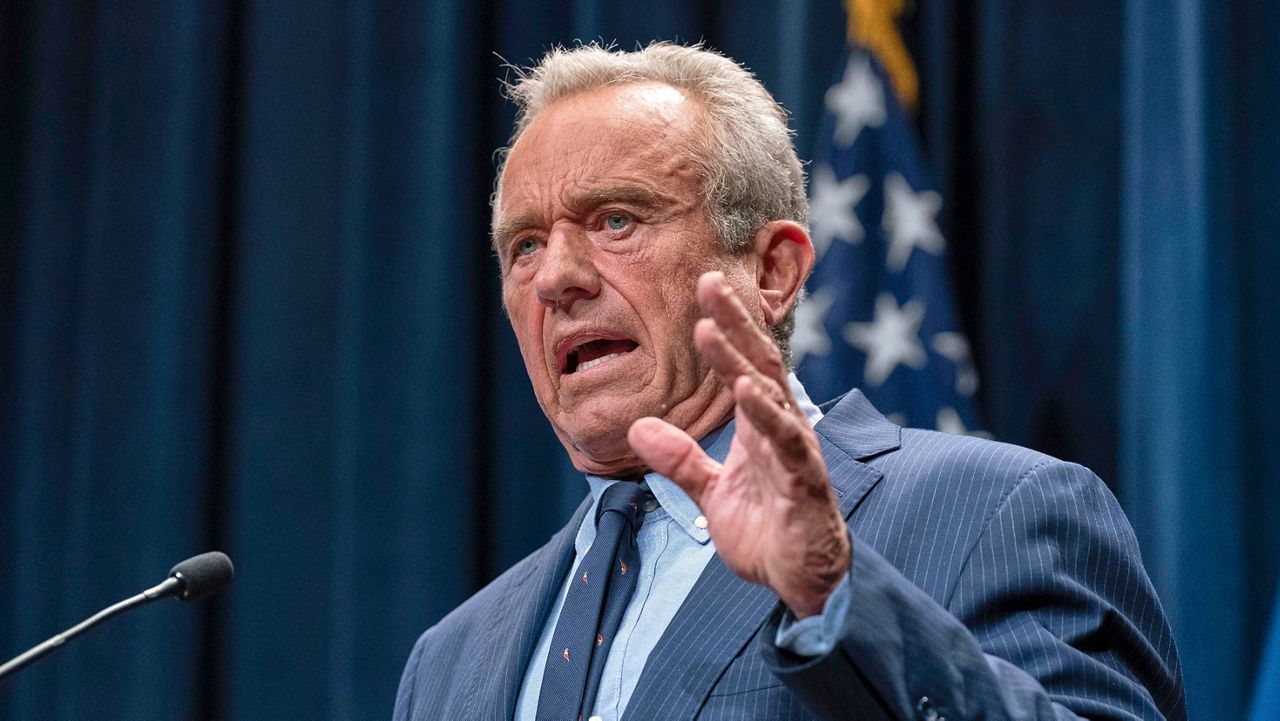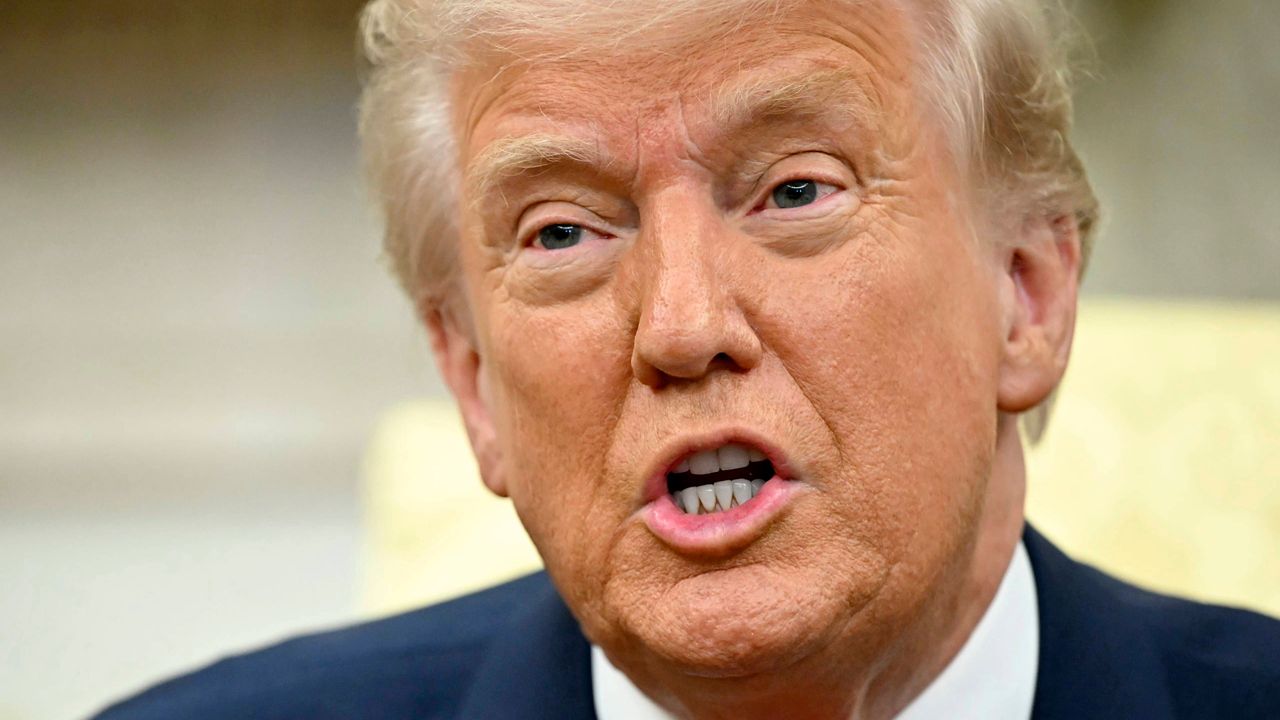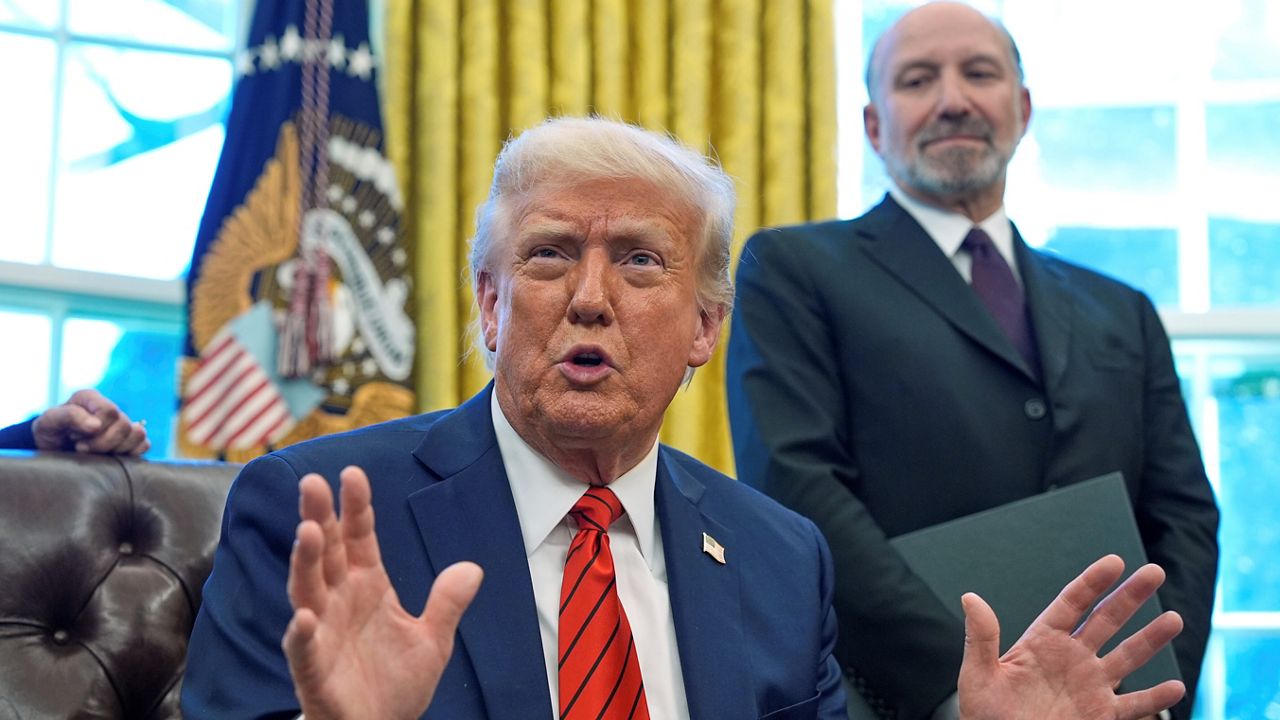Republicans in Congress are preparing to reclaim the House majority on Tuesday, but infighting between members over who will wield the speaker’s gavel could potentially ensnare many of the party’s goals for the new term before it even begins.
GOP Leader Kevin McCarthy, who has been seeking the speakership since 2015 when the far-right House Freedom Caucus forced him out of the running to succeed retiring John Boehner, is making his second attempt for the chamber’s highest post. But nearly a decade later, some Freedom Caucus members are attempting once again to thwart his path to the gavel.
"He doesn’t have the votes," Rep. Andy Biggs, R-Ariz., told reporters of McCarthy in November.
Biggs, who announced his own speakership bid earlier this month, is among the handful of GOP members who have publicly said they will not support McCarthy for speaker, in addition to Reps. Matt Gaetz, R-Fla., Matt Rosendale, R-Mont., Bob Good, R-Va., and Ralph Normann, R-S.C.
But allies of McCarthy, including his district neighbor Rep. David Valadao, R-Calif., are standing by their longtime colleague.
“I do believe he's going to get there because obviously, the pressure isn't on us, the pressure is on the other side,” said Valadao in a CNN interview Wednesday. “It's a very small group, easily 85% of the members of the conference support McCarthy, they voted for him on a secret ballot.”
“When it comes down to the floor fight, you've got everything from the moderates all the way to national Republicans being very vocal that they need to support McCarthy,” Valdao added. “And I think the pressure falls on those very, very few members of Congress who are saying that they're going to oppose them no matter what.”
McCarthy, who has been in Congress since 2007, has told reporters that he is prepared to take this battle for speaker “to the floor,” which would mark the first floor fight for the speaker’s office in a decade.
“I think the odds are better than even at this point that it goes to a second ballot. It's not certain, there's still a lot of uncertainty,” Matt Green, a professor of politics at The Catholic University of America, told Spectrum News. “But at this point I think that McCarthy needs more votes, and he doesn't have them at this point.”
Green, who co-authored “Newt Gingrich: The Rise and Fall of a Party Entrepreneur,” has spent years studying the role and power of the speakership. He says while McCarthy needs a majority of named votes, he can become speaker with less than 218, as Speaker Nancy Pelosi and former Speaker John Boehner did before him. If some members choose not to vote at all, or they vote present, then then the threshold of votes needed to become speaker lowers. All McCarthy need to do is get enough present votes or members to be absent to counter the no votes.
“The math is going to change as we get more people saying no, or people changing their mind and voting yes,” Green explained. “It's easy to say that you will oppose the nominee before the vote on the floor, but when those votes are being cast, and your name is called and everyone's watching, the pressure can be tremendous. And so some of these folks who say they're gonna vote no for Kevin McCarthy may end up voting present or choosing not to vote.”
Last week, incoming Republican committee chairs sent out a letter endorsing McCarthy's candidacy for the position. But those five members who plan to vote no come Jan. 3 say there are other “never Kevin” votes within the GOP ranks, but no viable alternative has been named publicly by the group.
“There is no plan B here,” Valadao added. “The plan is to get McCarthy elected speaker, the pressure does not fall on us because at the end of the day, we could be there all night. We could be there [for] two, three days, it doesn't really matter."
If no one wins a majority, the House will continue voting until it elects a new speaker. The only candidates who have announced they are vying for the job are McCarthy and Biggs, who lost a challenge in November to replace McCarthy as Republican House leader.
But other candidates could emerge, much like Rep. Paul Ryan, R-Wis., did after Boehner resigned.
If counting votes wasn’t enough of a headache for the Minority Leader, he will also have to deal with the ongoing scandal involving incoming Congressman George Santos.
Santos is under investigation by Long Island prosecutors after a New York Times article revealed he lied about his heritage, education and professional experience during his campaign. According to multiple reports, he is also facing a federal probe into his finances.
“Did I embellish my resume? Yes, I did,” admitted Santos in an interview with City and State New York, and telling the New York Post that he didn’t graduate from college and that he’s “embarrassed and sorry for having embellished my resume.”
Despite his confessions, Santos seemed to indicate on Twitter he has no intention of stepping aside. Santos is set to be sworn in on Jan. 3, but members of his own party are already condemning his actions and calling for ethics investigations.
“Over the last few weeks I have heard from countless Long Islanders how deeply troubled they are by the headlines surrounding George Santos,” said fellow GOP New York Rep.-elect Nick LaLota, in a statement. “New Yorkers deserve the truth and House Republicans deserve an opportunity to govern without this distraction.”
LaLota added that Santos should face a “full investigation by the House Ethics Committee and, if necessary, law enforcement.”
Another Republican Rep.-elect Anthony D'Esposito echoed a similar tone in his own statement, though he did not go as far as to call for a formal investigation into Santos.
"My neighbors across Long Island are deeply hurt and rightly offended by the lies and misstatements made by Congressman-Elect George Santos," D'Esposito said. "While Santos has taken a required first step by 'coming clean' with respect to his education, work experience, and other issues, he must continue to pursue a path of honesty."
But members of House GOP leadership have remained quiet on the matter.
"We're not hearing a lot from leadership right now, I doubt that we will, because of the speakership vote,” Doug Heye, a former RNC communications director, said during an appearance on CNN Wednesday night. “That's also part of the politics here, he's [Santos] going to have a vote for the speakership."
Spectrum News reached out to Kevin McCarthy’s office for comment on Santos. They did not respond to the inquiry at the time of publication.
Once they retake the House, Republicans have also called for hearings and requests for records on the United States’ withdrawal from Afghanistan and President Biden’s son, Hunter.
According to a report from Politico, the White House has informed Republicans on the Oversight committee that since they were not in the majority at the time of those requests, they will need to start the process of requesting documents over again.









